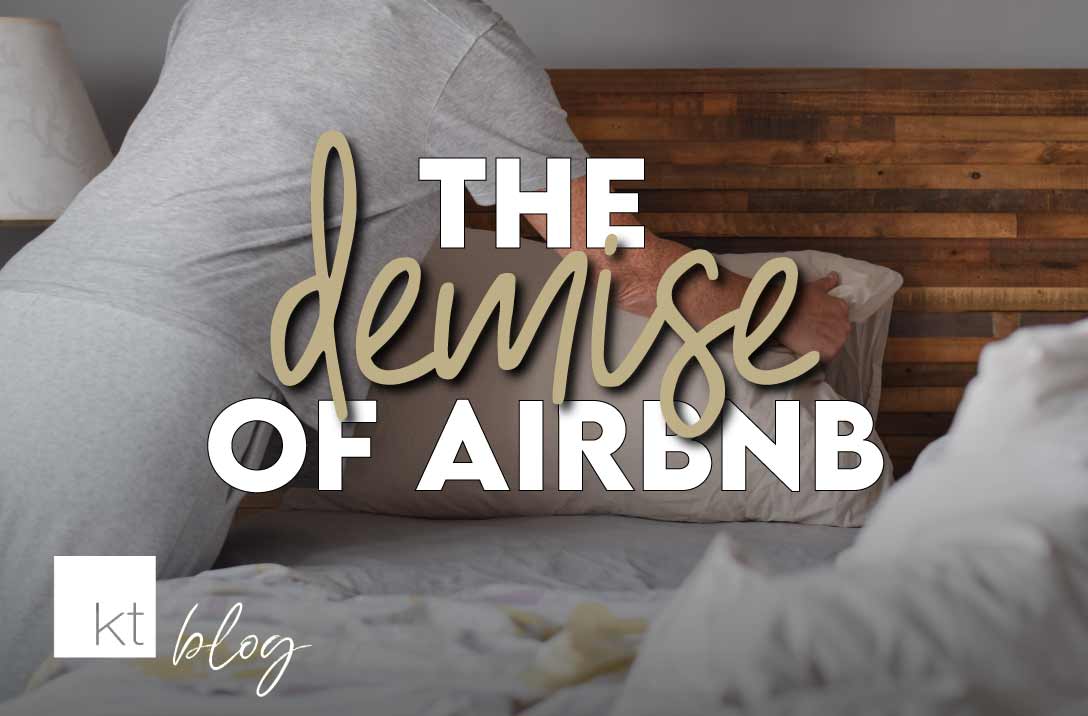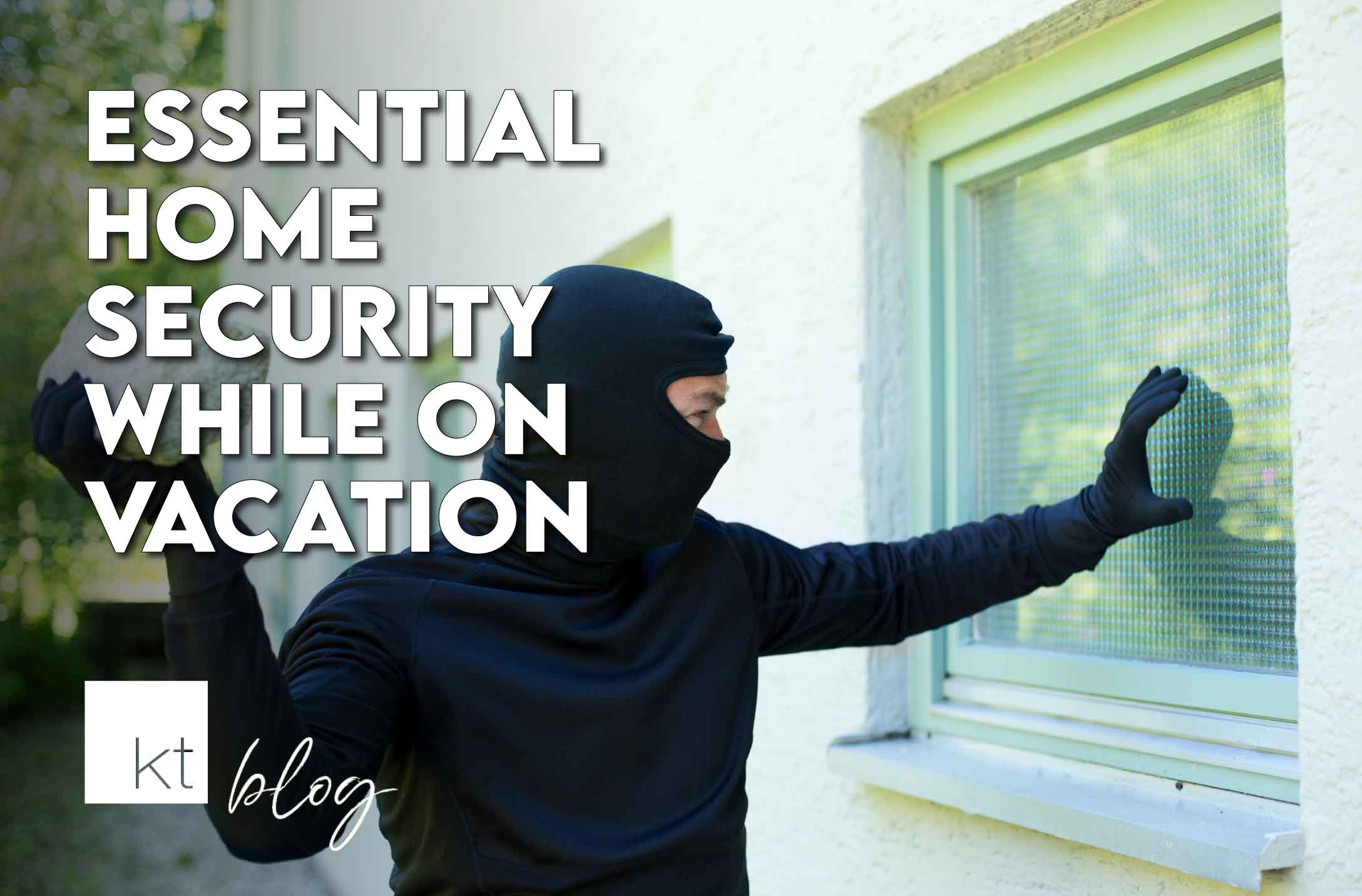Airbnb is a short-term rental platform that started in 2008 and quickly changed how many people travel. They offered an adventurous alternative and a way to taste the local lifestyle for an affordable price. However, in 2023, the real estate and short-term rental market is changing.
Airbnb or Hotel?
There’s a lot of controversy around what’s happening with Airbnb right now for a number of reasons. Some smaller hotels have lowered their rates, making them more appealing next to the Airbnb alternative. Some Airbnb hosts have taken note of this practice and are doing the same. In many cases, you’ll also find that additional fees in the checkout process skew the lower rates. Moreover, guests are not only paying additional fees, but more is expected of them as part of their stay. For example, some Airbnb and other short-term rental hosts require guests to remove garbage and strip the beds, tasks you wouldn’t usually be expected to do not long ago, and certainly not at a hotel.
An article by Kate Lindsay that recently appeared in the Atlantic entitled Airbnb Really is Different Now details how the model has changed. Larger companies owning multiple Airbnbs are now a larger proportion of hosts, resulting in Airbnbs becoming more like boutique hotels. The article also cites “high prices, inconsistent fees, laborious checkout demands, and untrustworthy photos and descriptions” becoming prevalent.
People are finding that quality and attentiveness is no longer what it was. At one time, people aspired to be Superhosts, meeting guests at the property to give them the keys, providing housewarming gifts, and offering information about the neighbourhood and the property. But now hosts are found less enthusiastic about their Airbnb endeavour; mortgage rates have sky-rocketed, and profit has been slashed. Accordingly, the landscape is changing.
Saturated Short-Term Rentals Forcing Price Drops
Rental rates are declining, additional fees are being introduced, properties are less elaborate, and options are plentiful. Booking rates for Airbnb have gone down, and that’s because people are reverting to the reliable, full-service experience hotels provide.
Cottages were a prominent segment for Airbnb, especially during the COVID era. Travel restrictions and government incentives to vacation locally put a high demand on this segment, but as soon as the borders opened, airlines were operating, and incentives were removed, properties sat vacant. Now, many of the people who purchased a cottage, often leveraging the equity in a primary residence, have found rising interest rates to cripple their finances, resulting in a flood of inventory to the resale cottage market as property owners scramble to avoid financial misery.
To fuel the fire, many municipalities are imposing legislation, and the federal government is talking about limiting the number of permitted short-term rentals. Real estate has been a prominent focus of all political campaigns in recent years as affordability remains problematic. Short-term rentals contribute to the problem by eliminating a property from the market that somebody could otherwise own or rent on a long-term basis.
At the end of the day, I believe that supply and demand will work things out naturally, although a bit slower, but government intervention is not surprising.
Interesting Airbnb Statistics:
- Since 2015, the number of Airbnb listings in the U.S. has jumped from roughly 150,000 to almost 1.5 million.
- There are over 7 million active listings in over 220 countries.
- 5 to 10 guests check into an Airbnb somewhere in the world every second.
- There have been over 1.5 billion guest arrivals since Airbnb started.
Have you ever rented an Airbnb? Tell us about your experience in the comments.





